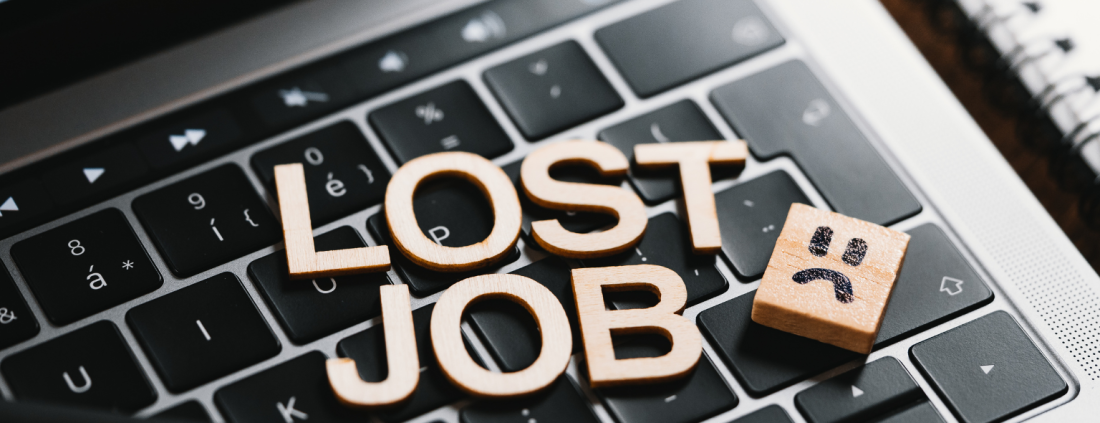
Gaza and What it Means for EDI in the Workplace
By Hind Dihan
There’s a lot I could say about the current situation going on in Gaza. There’s also a lot to be said about what’s going on in the West because of what’s happening in Gaza, specifically what’s going on in different workplaces.
People in the USA, are either losing their jobs, being formally disciplined, or having employment offers revoked for sharing social media posts online. The advocacy group Palestine Legal has received “dozens of reports of firings – an exponential increase” from anything it’s seen before.
While the case isn’t as extreme in the UK, we’re also seeing similar situations here with politicians and doctors. Recently, Paul Bristown, a Conservative MP and parliamentary private secretary, was asked to leave his position after breaking ranks with the rest of the party by urging Rishi Sunak to support a permanent ceasefire in Gaza. Doctors and medical staff in the NHS are facing “a culture of fear” where “people are afraid to speak up and raise awareness of the situation in Gaza” where people are scared of being referred to the General Medical Council.
In an article with the Cut, Corey Saylor, Research and Advocacy Director at Council on American-Islamic Relations, said he was “alarmed that participating in free speech is now a professionally punishable offence, especially given corporate America’s push for DEI initiatives after the reckoning of 2020.” He remarked that this clearly demonstrates “there was never a corporate commitment to those policies.”
Saylor’s statement got me thinking a lot about diversity, equity and inclusion in the workplace and whether the progress we’ve seen over the last three years to push for an anti-racist culture is going to stall and, unfortunately, I do believe it might.
The aim of DEI initiatives is to create a more diverse workplace where everyone is valued and respected, both in the office and in their bank accounts. By virtue of creating a diverse workforce, there will be people with different opinions and perspectives. To create an inclusive and equitable workplace culture, however, people should feel comfortable bringing their authentic selves to work without fear of repercussions. When people are pressured to not express their views inside and outside of a workplace context, it decreases the level of trust and safety they feel to work effectively, especially when their views are informed by lived experience. It’s important for the workplace to be a safe space where people can express their views without risking their livelihoods.
Ensuring job safety is the only way to ensure they have psychological safety also, which is a crucial part of building a healthy workplace culture.

